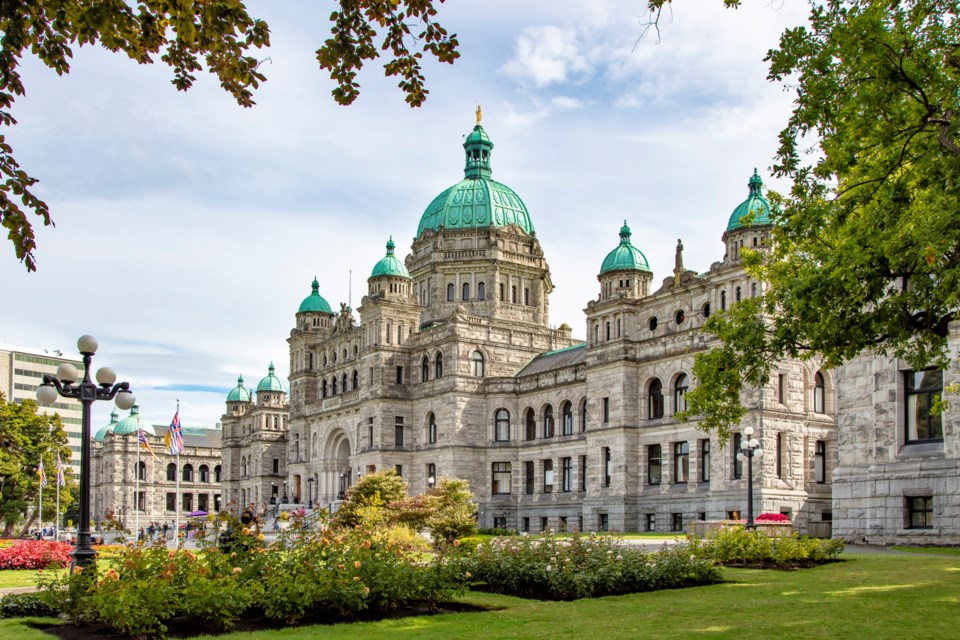Freedom of information (FOI) requests to the B.C. government has declined since the NDP announced a controversial $10 application fee, the Office of the information and Privacy Commissioner (OIPC) said Jan. 31.
And, said a new report released by commissioner Michael McEvoy, British Columbians now have to deal with longer wait times for their requests to be processed.
In addition to the longer wait times, the B.C. government only met the Freedom of Information and Protection of Privacy Act’s (FIPPA) 30-day response time benchmark in just over half of the cases processed during the last three fiscal years.
This compares to nearly three-quarters of cases a decade ago, McEvoy said.
“It is important to remember that these are more than just numbers on a chart. The wait times involve real people trying to get information about themselves, or about the government who serves them — individuals trying to get a record of their dealings with a particular ministry, or a journalist working with a deadline on a story impacting a multitude of individuals,” McEvoy said.
The review also found that in 5,100 cases, during the three-year period from April 1, 2020 to March 31, 2023, government exceeded the time allowed to respond to a request without any legal authority to do so.
In those cases, by 2022-23, applicants had to wait on average 192 additional business days to receive a response, the report found.
McEvoy was clear that while there were exceptional factors contributing to longer wait times such as the COVID-19 pandemic, he said times of crises demand enhanced transparency as government makes critical decisions affecting British Columbians.
The report includes six recommendations to improve timeliness performance, including:
• regularly evaluating FOI processes to identify and correct any lags and provide written evaluation reports to the OIPC;
• ensuring appropriate resources and strategies exist to manage FOI functions; and,
• submitting a plan to the OIPC by March 31, 2024, detailing how it will eliminate the accumulation of unlawfully delayed requests within two years and prevent requests from becoming unlawfully delayed.
McEvoy said his office will follow up with the provincial government on the recommendations and will continue to monitor the impact of the $10 application fee on the FOI system.
The fee
On Oct. 18, 2021, then-minister of citizens services Lisa Beare unveiled proposals to amend FIPPA. At the time, the government said the amendments would help people access services faster while strengthening privacy protections.
Multiple groups and people opposed the change, including McEvoy.
He reiterated that opposition in an earlier review: “I remain convinced today that the amendment permitting the fee should be repealed.”
Political parties and journalists use the system to hold government accountable while researchers and business use it for multiple purposes.
At the time of the changes, critics lamented the removal of transparency the changes would bring. Critics said fees would deter some from asking for government information. For journalists and others who make multiple requests in the public interest, a quickly mounting fee bill is a stumbling block in holding government to account, they said.
Among groups opposing the fees were the BC Civil Liberties Association, the Union of BC Indian Chiefs, the Centre for Law and Democracy, the Canadian Institute for Information and Privacy Studies, the Canadian Centre for Policy Alternatives, the Centre for Access to Information and Justice, the Wilderness Committee and the provincial Freedom of Information and Privacy Association.



